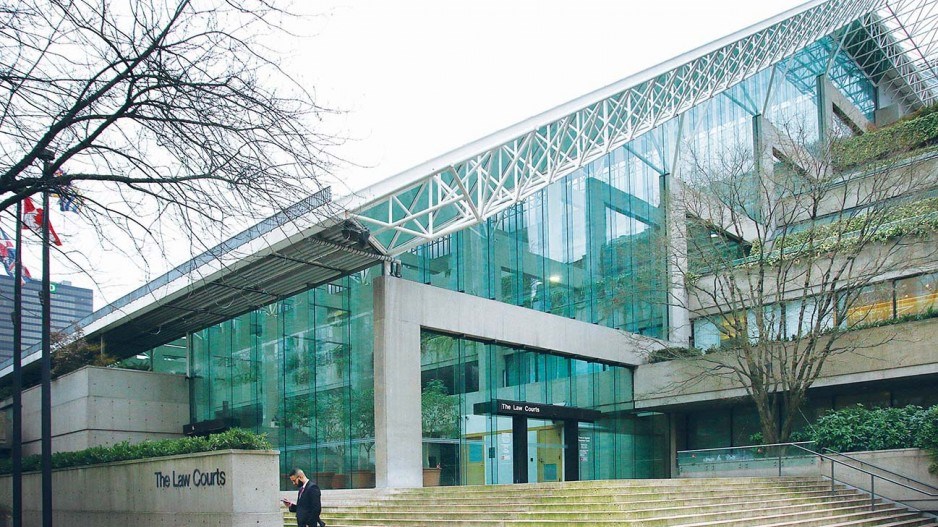The Law Society of B.C. has tabled new policies to further its efforts to combat money laundering in the legal profession, including mandatory training across the profession.
Incoming 2025 president Brook Greenberg presented at the society’s Feb.7 board meeting his task force report on the response to many — but not all — of the recommendations made in June 2022 by Commissioner Austin Cullen as part of B.C.’s money laundering inquiry.
At the heart of the matter is the fact lawyers are not required to report their large and suspicious transactions — be it cash or electronic transfers — to the Financial Transactions and Reports Analysis Centre of Canada (Fintrac), so as to maintain solicitor-client privilege.
This reporting loophole was upheld by the Supreme Court of Canada in 2015.
The commission was struck, in part, because of observations lawyers were allowing their trust accounts to be used to launder money, particularly through real estate.
A 2024 Fintrac report noted “this gap in legislative anti-money laundering and counter-terrorist financing oversight may attract professional money launderers, organized crime, and transnational organized crime groups who seek to exploit the sector to move and mask illicit funds and activity.”
Fintrac found in 2022-23 a total of 2,400 suspicious transaction reports submitted to it by reporting entities (banks, accountants, notaries and stock brokers) involved legal professionals and/or law firms who are being targeted by so-called “professional money laundering” schemes.
This leaves the law society to regulate its member lawyers.
Greenberg was adamant the society is only improving on an already adequate system.
The society is looking to tighten up rules pertaining to cash paid for legal services and retainers. Lawyers already limit cash to $7,500, except for fees. Now cash payments “must be commensurate with the amount required for a retainer or for reasonably anticipated fees, and that guidelines be prepared to assist in determining what is ‘commensurate,’” the society proposes.
Cullen also recommended better client identification and verification (CIV) rules. The society now proposes more explicit language outlining when CIV takes place.
Cullen also recommended more clarity around how the society defines limitations on trust account deposits as “directly related to legal services.”
Cullen suggested how to “further limit the use of trust accounts so that they are used only when necessary.”
Instead of making an explicit recommendation the society has decided to provide lawyers with better guidance.
The society also intends to introduce mandatory one-time anti-money laundering (AML) training for all lawyers and not just those most at risk of money laundering threats, as Cullen recommended.
The task force does not specify what training will entail but suggests it identify areas of greatest risk.
Law society board member James Legh said AML training should incorporate mandatory trust account training, since he’s observed some lawyers, even high-profile ones, “sign cheques they should not have.”
Greenberg noted regulation must balance the perceived risk and the public interest.
The task force did not address some Cullen recommendations, particularly around collaboration and information sharing.
Cullen recommended, for instance, that the society “review and assess its approach to determining whether it possesses information or documents that may be evidence of an offence, and, if so, whether the executive director should seek approval from the Discipline Committee to deliver the information or documents to law enforcement.”
At the meeting Greenberg also raised the prospect the society’s AML work will be absorbed by the proposed new regulator under the Legal Professions Act.
“We think this will be applicable no matter what happens to legal regulation in this province,” said Greenberg.
The society is presently challenging the B.C. attorney general in court, claiming the act is unconstitutional for stripping power away from lawyers to control the new regulator.



